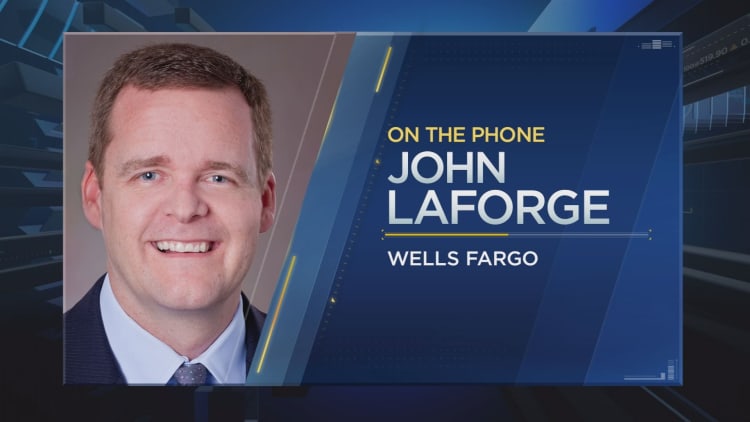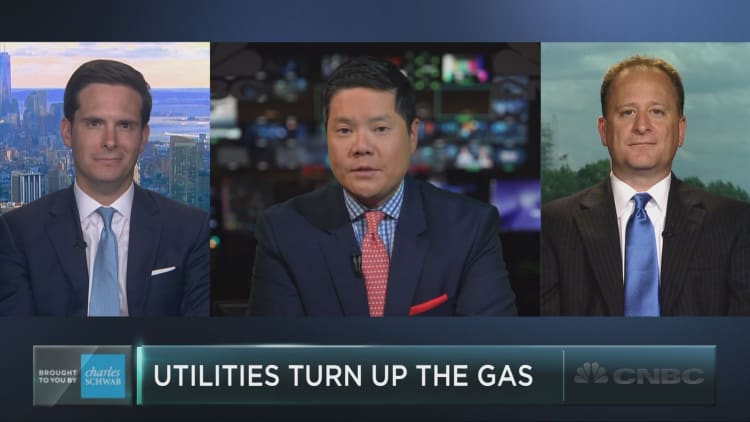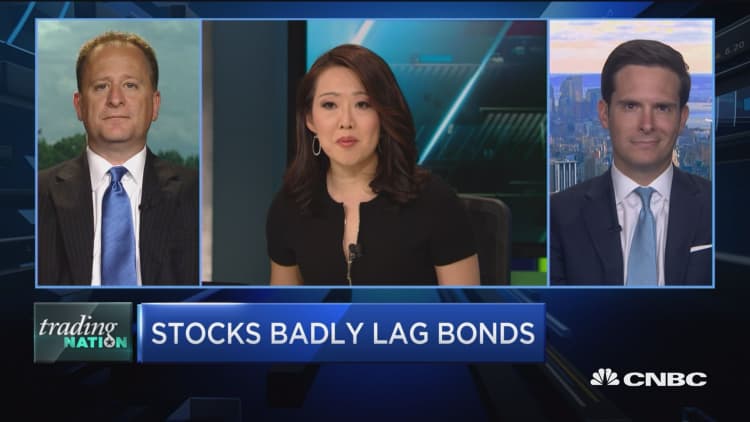


Gold is likely to head back to its lows, even after starting the year off with a bang, according to Wells Fargo's head of real asset strategy, John LaForge.
His argument hinges on commodities trends that date back all the way to 1800 and show what he calls "commodity bear super cycles," each of which lasts about 20 years. During the bearish of these cycles, commodities like gold will tend to suffer poor performance, even as they retest recent highs and lows, according to LaForge.
He believes that a commodity bear super cycle began in 2011. So while gold shot up to a two-year high of $1,357 on Tuesday, LaForge believes that the rally was predictable, and it is equally predictable that a downturn is on its way.
"We'd been down for four years straight, so we needed a bounce," he said Tuesday on CNBC's "Trading Nation." "But the reality is that gold is a commodity, and commodities have entered a long bear market."
"Historically speaking, what typically happens when you enter these long bear markets for commodities is they will go back and retest their lows off of the first move down," LaForge said.
For gold, that means that the metal is likely to retest its December 2015 lows around $1,050, according to LaForge. At that level, it could be an attractive buy.
That reflects the approach LaForge would take when it comes to a bevy commodities, including oil.
"Oil is also stuck in this long super cycle," he said. "So I don't expect oil to go up much higher than $60."
Gold is up 28 percent in 2016, while WTI crude has risen 26 percent.
Within the real-asset universe, LaForge would turn away from these big bouncers and instead favor real estate investments, given that "trendwise, they're doing the best."





